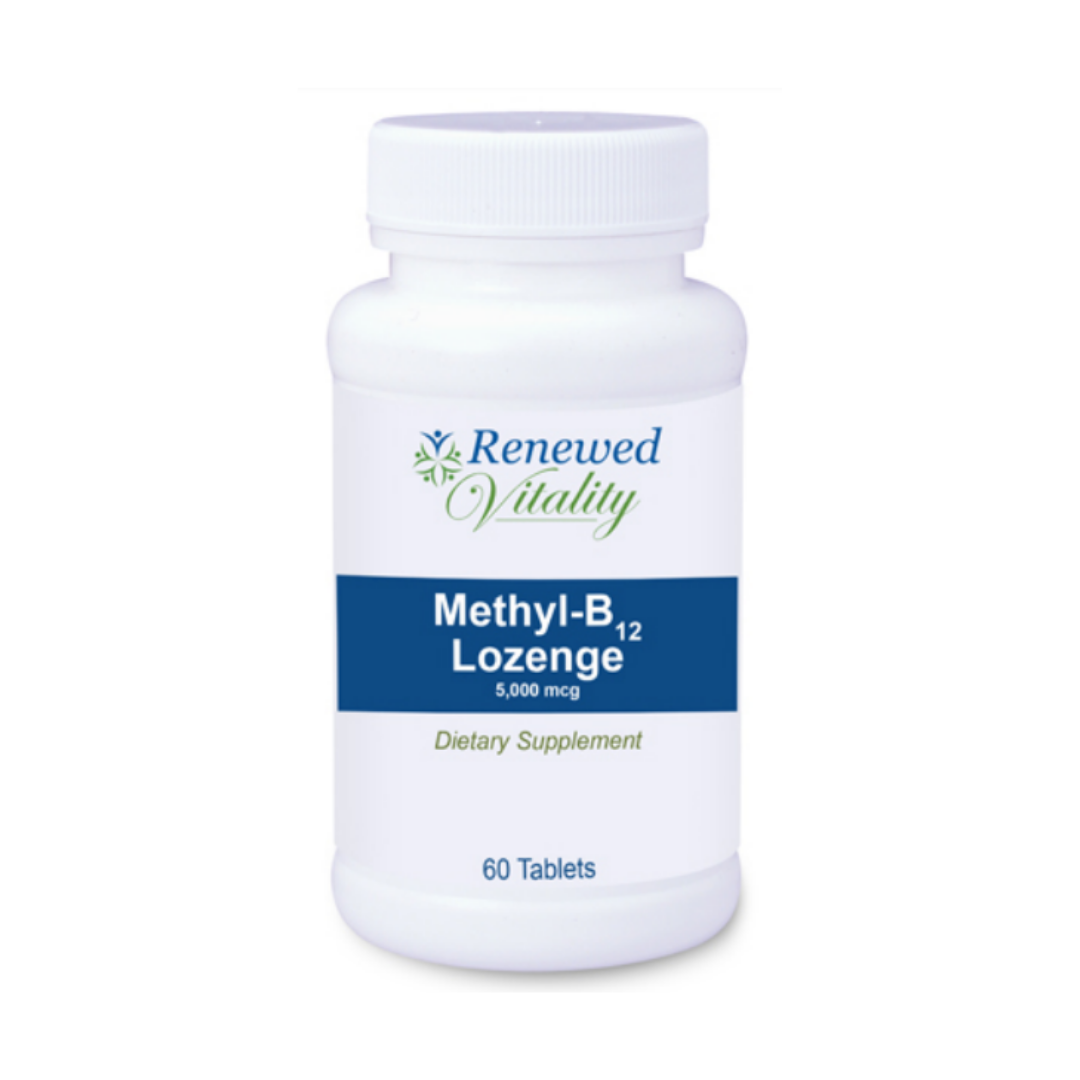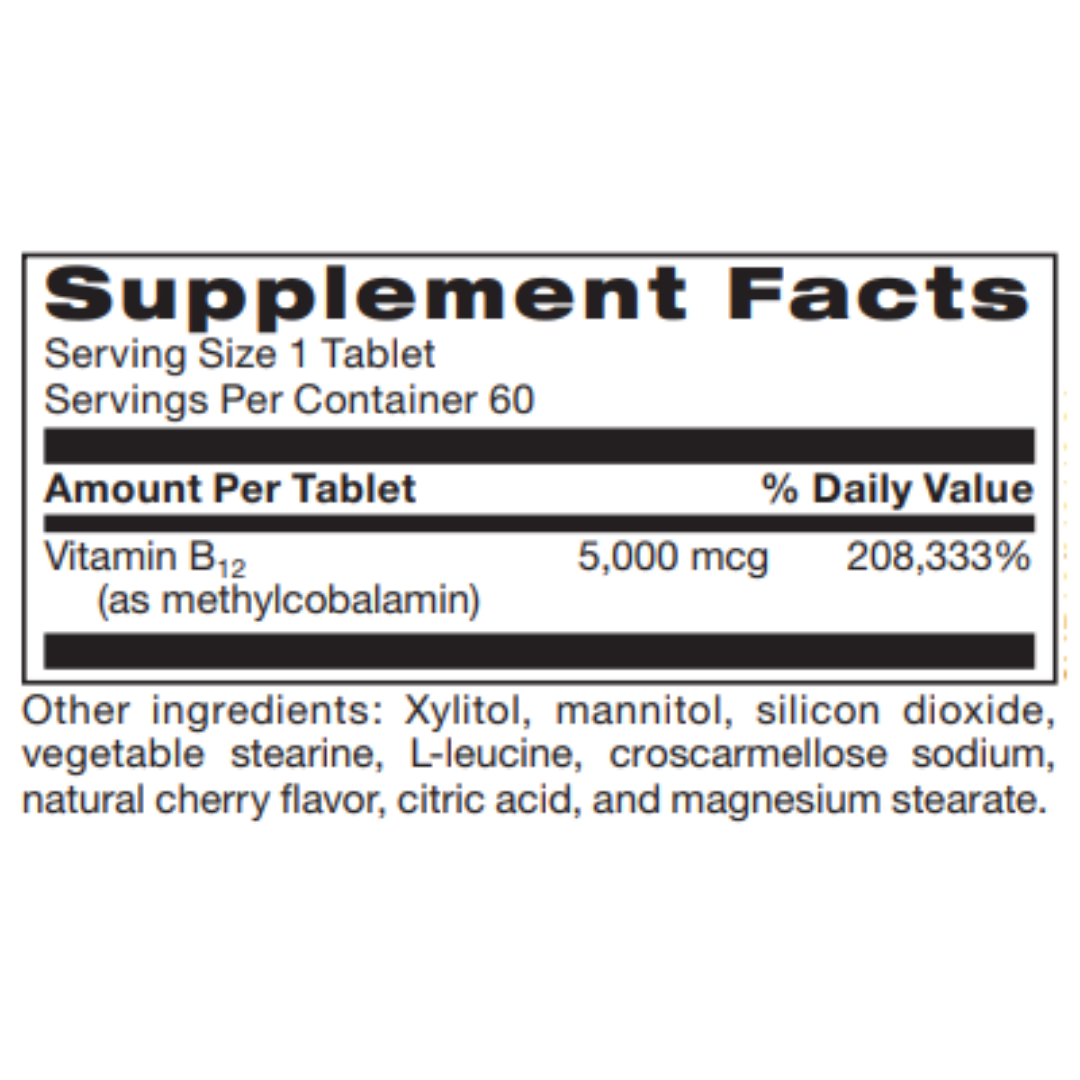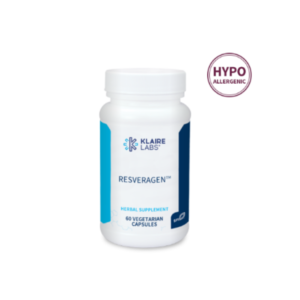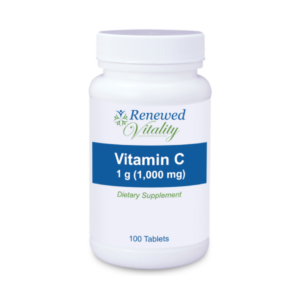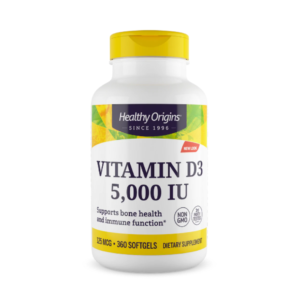Description
Primary Uses
– Required for energy production, blood formation, DNA synthesis, and myelin formation
– Promotes cell growth and replication
– Promotes the normal functioning of the brain and nervous system
Facts and Functions
Vitamin B12 is present in foods of animal origin, including dairy products and eggs. Thus, vegetarians are more susceptible to a dietary deficiency of this important nutrient. Likewise, vitamin B12 serum concentrations are reported to be significantly lower in elderly population groups compared to younger groups. It is estimated that 10% to 30% of individuals over the age of 50 have low stomach acid secretion which results in decreased bioavailability of vitamin B12 from food.
Methylcobalamin is the form of vitamin B12 active in the central nervous system. It is essential for cell growth and replication. In some people the liver may not convert cyanocobalamin, the common supplemental form of vitamin B12, into adequate amounts of methylcobalamin needed for proper neuronal functioning. Methylcobalamin may exert its neuroprotective effects through enhanced methylation, acceleration of nerve cell growth, or its ability to maintain already healthy homocysteine levels.
Vitamin B-12 deficiency leads to muscle weakness, mental fogginess, memory problems, and feelings of apathy and lack of motivation. Taking Vitamin B-12 as a supplement helps to prevent these effects and restore energy levels.
